
In Influencers We Trust
To collaborate on influencer marketing content and campaigns that resonate, marketers need to balance the evolving expectations of consumers and influencers themselves.
Explore our four reports to ground your strategy in what audiences and influencers want.
Generational divide: What influencer marketing means to younger consumers
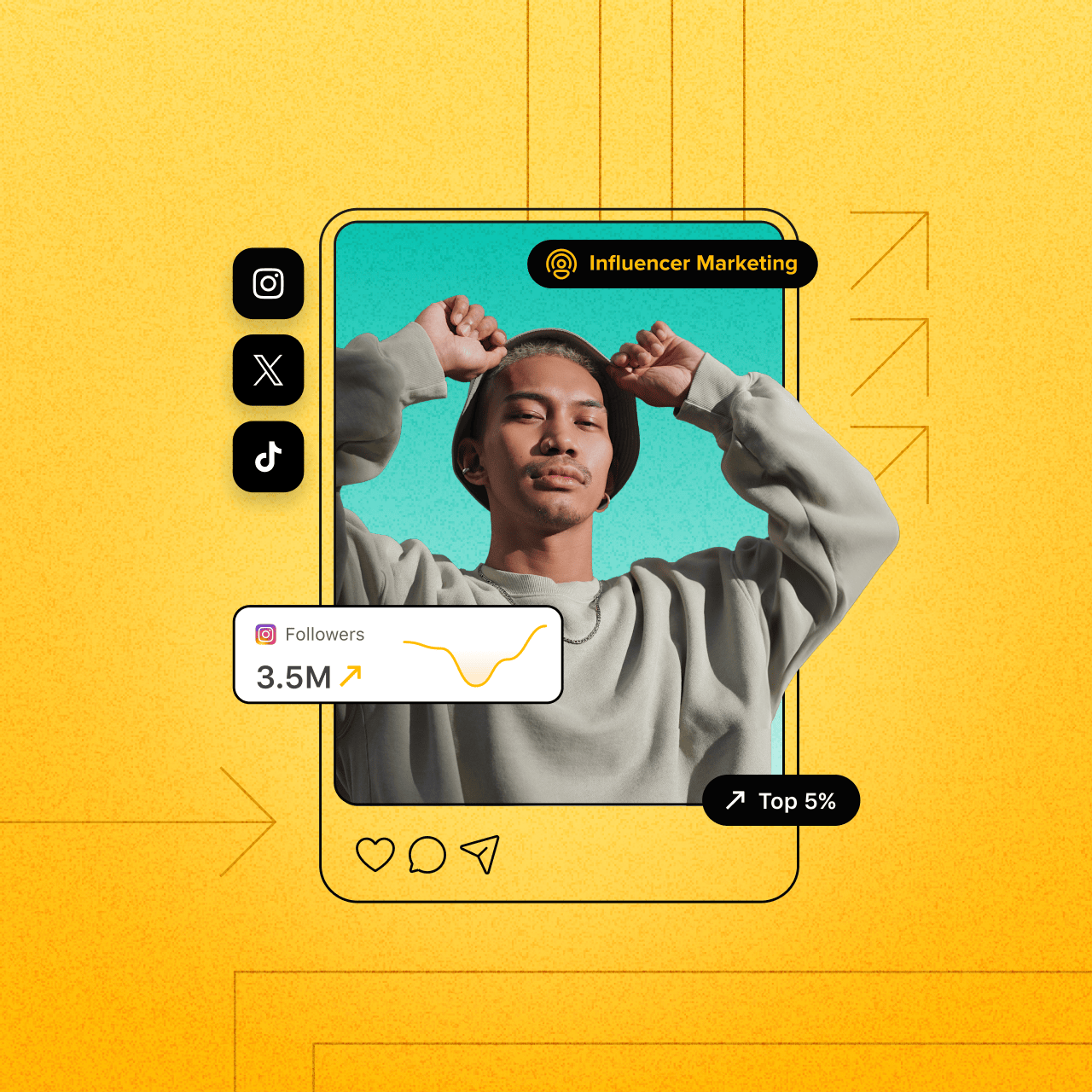
In a surprising twist, only 35% of Gen Z consumers rank authenticity as a top trait they care about in influencers.
While older generations are looking for influencers who align with their personal values and seem authentic, younger consumers are more discerning. Instead, they care more about follower count and posting frequency. Generations who grew up with social media and influencers are more loyal to personal recommendations and trending products than brands.
As Melo Meacher-Jones, Head of Social and Influencer at Accenture Song, puts it, “Authenticity is overrated. We follow influencers not because we believe in their authenticity but because they entertain or interest us. It's a mutually beneficial relationship—influencers make a living from brand endorsements, and followers know this commercial aspect. This transparency is key to understanding the dynamics of influencer marketing, and it’s clear consumers are aware of this too.”
As the influencer economy grows, authenticity alone won’t be enough to capture consumers’ attention.

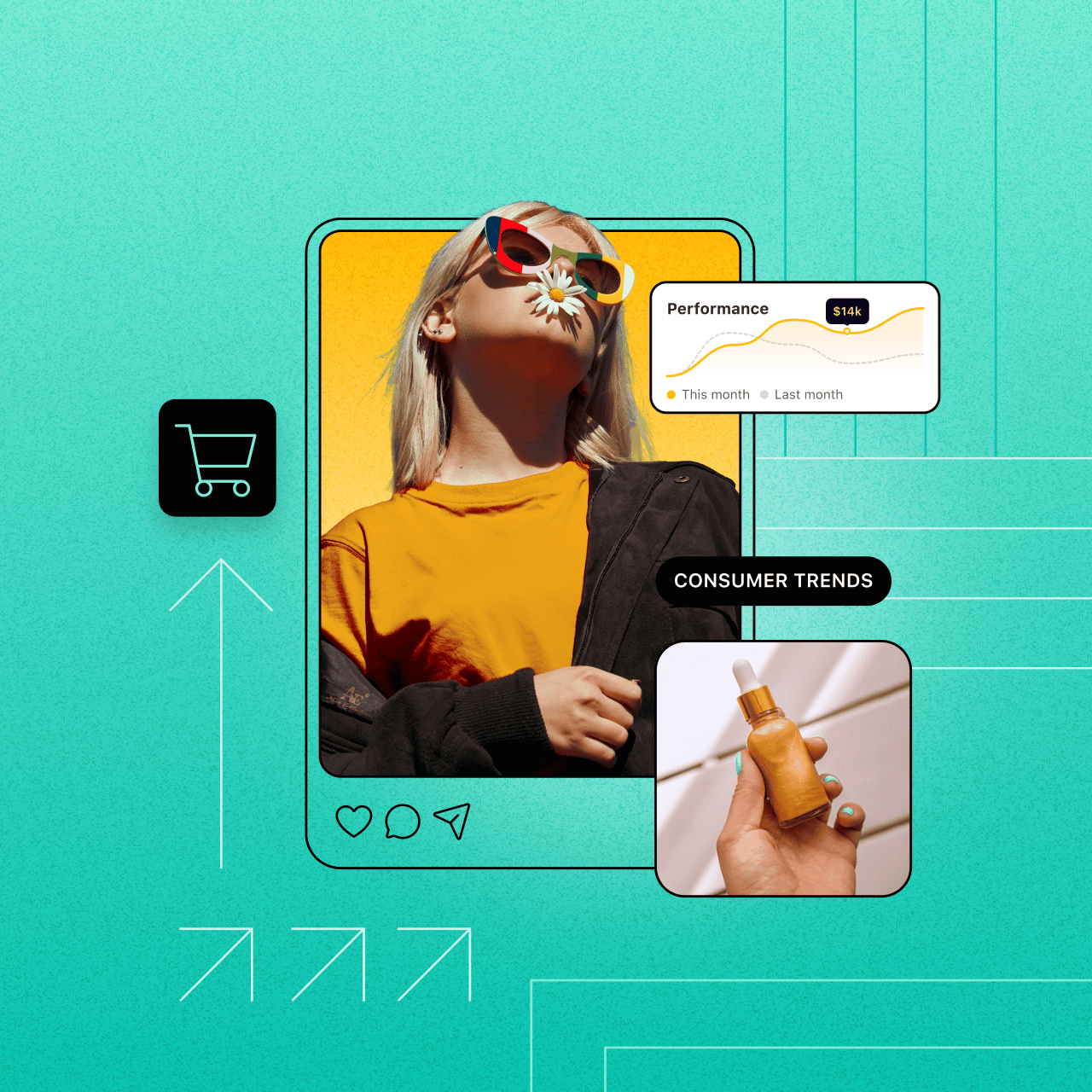
Almost half of all consumers (49%) make purchases at least once a month because of influencer posts, but many still underestimate the impact influencer marketing has on their buying decisions.
Overall, trust in influencers is holding steady if not on the rise, as nearly half of consumers trust influencers as much as they did six months ago, and another 30% trust them more.
Millennials and Gen Z consumers are the most trusting—in part because they grew up with influencer marketing on social and know they’re being sold to (and they’re okay with it).
“Younger generations use social media as their marketplace, making it a place to learn, be entertained, source inspiration, find community and shop—which completely shifts how marketers approach them digitally,” says Georgina Whalen, founder of The Influence Atelier.

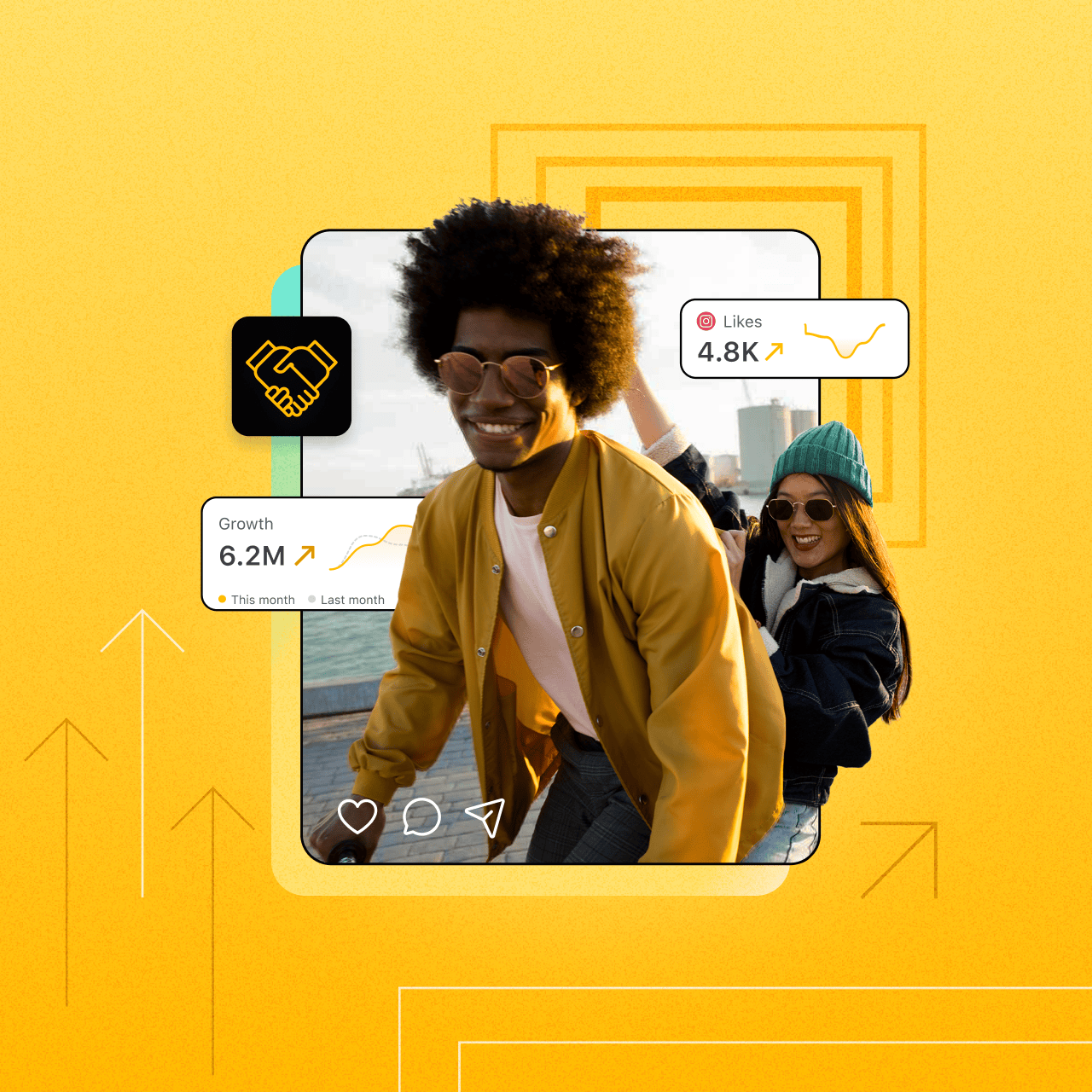
Most influencers (93%) say the quality of a brand's existing social content impacts whether they agree to collaborate—suggesting that what you post is as critical to attracting partners as it is customers.
Another 63% want to work with brands who share their values, followed by 59% who want to work with companies who have clear budgets and payment structures.
Once influencers agree to partner, they want brands to bring them into product development and creative planning discussions sooner. Influencers are on the pulse of consumer feedback and internet culture—making them an asset to brands willing to collaborate and grant them more creative freedom.
Brands who are diligent about building and maintaining strong influencer relationships will yield more successful results.

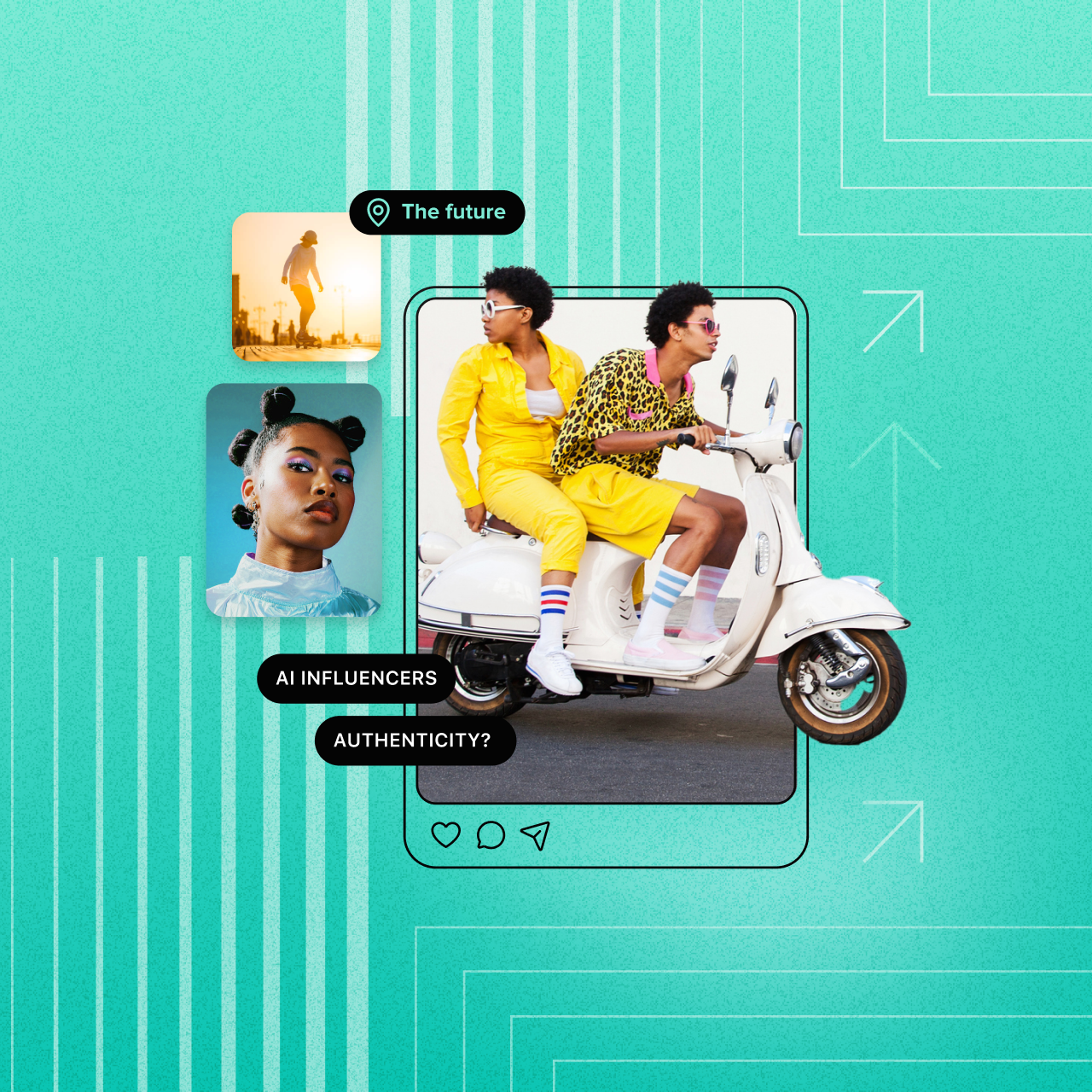
Already, 80% of consumers agree that they would be more willing to buy from brands that partner with influencers beyond social content. Influencer marketing isn't going anywhere. If anything it will become more central to brands' marketing strategies—even outside of social media.
“The true essence of influence isn't about technology but nurturing community—building genuine interactions,” says Brendan Gahan, Co-Founder and CEO of Creator Authority. “The longevity and depth of influence rests on the ability to create meaningful, emotional connections. In the long run, it's these human-centric interactions that hold the key to enduring influence.”
But that doesn’t mean who counts as an influencer won’t evolve. “Authenticity” will become more buzzword than strategy, while emerging tech will shoot to new heights of popularity. Today only 37% of consumers say they’re more likely to be interested in a brand that works with AI influencers. But younger consumers are more intrigued than older ones—suggesting an AI influencer revolution is on the horizon.
Meacher-Jones says, “Whether you like it or not, AI influencers are here to stay. They are providing a new form of entertainment as AI continues to be adopted by creators.”

About the data
This research cited in this report was conducted online by Cint on behalf of Sprout Social. Consumer participants included 2,000 respondents across the US and UK who have at least one social media account and follow at least five brands on social media. Influencer participants included 300 respondents across the US and UK who identify as social media influencers, with an audience of 10,000+ followers on at least one social network, who earn at least half of their annual income from brand partnerships on social media. The consumer and influencer surveys were conducted from February 13, 2024 to February 20, 2024.
Data attributed to the Q3 2023 Sprout Pulse Survey was from a survey of 300 full-time US marketers who are responsible for their brands’ social media strategy (i.e., performed the job themselves or managed someone who does). The marketer survey was conducted from August 16, 2023 to August 21, 2023.
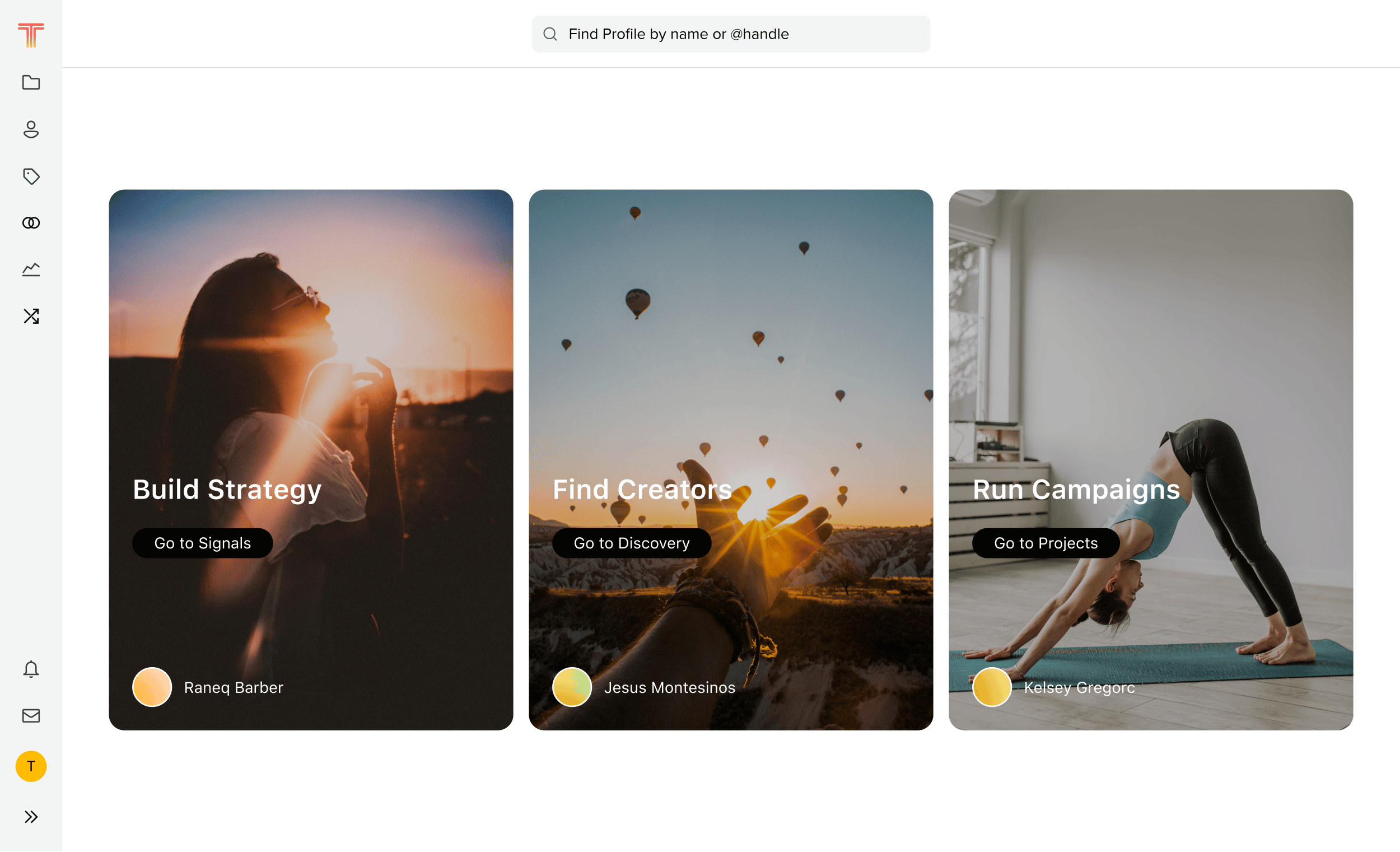
Deliver faster business impact with influencer marketing
Drive impactful influencer marketing strategies that grow brand presence authentically, engage with new targeted audiences and ensure spend efficiency with Tagger by Sprout Social.
Schedule a demo